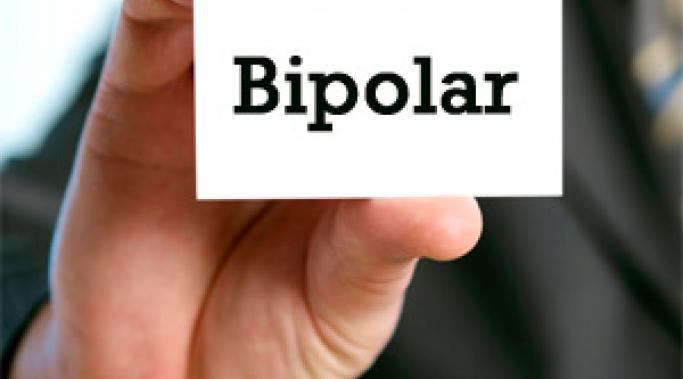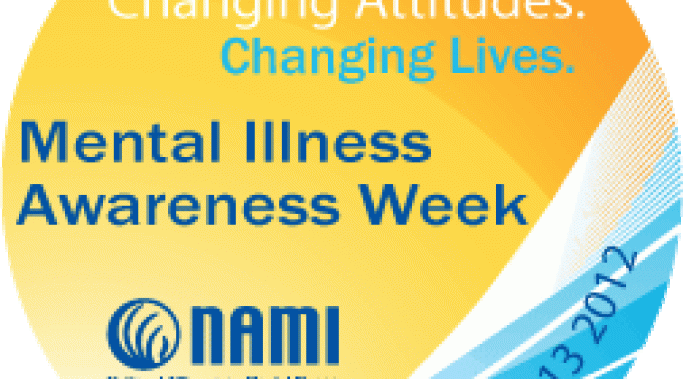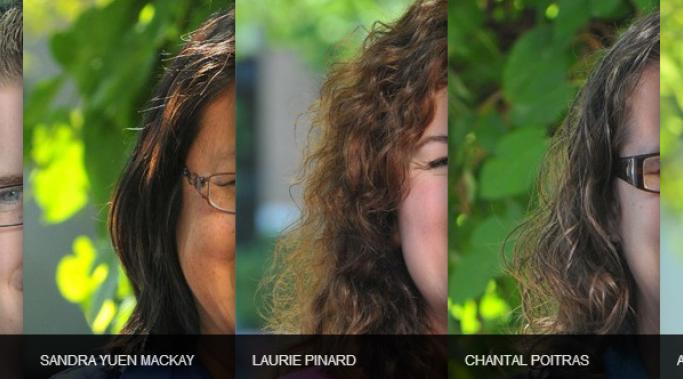I’ve been writing about bipolar disorder and mental illness for nine years. Nine long years of pain and depression and episodes and hyperreality and desperation and description and explanation and exploration. And people still don’t get it. Even if you look at the past year – over 200 articles, there still seems to be nothing but a chasm between the mentally ill and so many of the mentally well.
And I think this is because language is insufficient to express emotional pain and turmoil. We have good words for describing physical pain: radiating, hot, throbbing, sharp, achy and so on. But when it comes to emotional pain we’re “sad.” The same word applies when you drop your ice cream cone on the ground as when you’re so depressed that you can’t get out of bed. It’s not surprising that people don’t get what we’re talking about.
Breaking Bipolar
If you haven’t been turning in to Homeland, you’ve been missing out on a new bipolar icon. Homeland stars Carrie Mathison, played by Claire Danes, a Central Intelligence Agency (CIA) office who, unbeknownst to her employer, has bipolar disorder.
Homeland is no average show. Homeland won Best Show, Best Writing, Best Actor and Best Actress Emmys. You can catch Homeland on Showtime in the US and Super Channel in Canada.
Of course, the reason I tuned is was to see how this show handles mental illness. And they do not too bad a job.
There are a lot of things I don’t believe in. Religion. Ghosts. Tarot card readers. Tea leaves. Homeopathy. Taylor Swift. And so on. We all can make a list like this. We all have things we believe in and things that we don’t.
But one thing we all have in common is that we’re all looking for ways to get through the pain of mental illness, bipolar disorder. And some people find religion, ghosts, tarot card readers, tea leaves, homeopathy or Taylor Swift comforting. And I think it’s important we don’t disavow or judge something just because we don’t believe in it.
There is this whole notion that simply by saying the words, “I’m bipolar” you’re somehow overidentifying with bipolar disorder. In other words, you’re allowing the disease to define who you are. Well, naturally, I find this to be ludicrous and I don’t need to play word games in order to individuate myself as a person.
Nevertheless, I admit that bipolar is a huge part of my life and I make no apologies for that. If you were sick every moment of your life it would have quite an impact on you too.
There is a type of denial of mental illness that goes beyond mere psychological denial – this is called anosognosia and it is the clinical term for the lack of insight required to understand you have a mental illness. Anosognosia is a neurological disorder thought to be caused by abnormalities in the frontal lobes (Impaired Awareness of Illness (Anosognosia): A Major Problem for Individuals with Bipolar Disorder).
Come out, come out, wherever you are!
Yes, it’s Mental Illness Awareness Week again and if you’re here, at HealthyPlace, you probably already got that memo. But you might be wondering what to actually do to promote mental illness awareness. No art exhibit, educational session or candlelight vigil in your neighbourhood? Don’t worry – anyone can promote mental illness awareness just by talking about mental health.
On Monday, I wrote about the Faces of Mental Illness campaign run by the Canadian Alliance on Mental Illness and Mental Health. This campaign is part of the Mental Illness Awareness Week which is this week in Canada (next week in the U.S.).
I like this campaign, and what’s more, given by the number of people who have read and shared the article, you like it too. People like hearing from other real people who have faced real mental illnesses and come out the other side to create whole and satisfying lives for themselves. And there’s absolutely nothing wrong with that. People find it helpful and hopeful and inspiring.
But the campaign leaves out a huge segment of the mentally ill population. Where is the celebration of those who fight every day to beat their mental illness but don’t become published authors or start a non-profit?
This week is Mental Illness Awareness Week in Canada. (Mental Illness Awareness Week in the U.S. starts next week. Why the two countries couldn’t get together on this I’ll never know.) And in honour of this week, I thought I would feature the Mental Illness Awareness Week’s campaign – the Faces of Mental Illness.
The Faces of Mental Illness Focuses on real people with real mental illnesses who have faced the worst and still found recovery. If you’re looking for some hope, these are the people who will give it to you.
One of the dumbest things I’ve ever heard is of doctors not giving their patients their diagnoses. That’s right – the patient sees the doctor, the doctor does a full assessment, the doctor reaches a conclusion, but keeps it a big secret like an upcoming birthday party.
This is an example of parental doctoring and completely insults the patient.
Treatment for bipolar can be a beast. You try medication after medication after therapy after cocktail after doctor and so on. It’s exhausting.
And at some point you stop. You just stop. Maybe some of your symptoms are controlled but not others. Maybe your symptoms are only partially controlled. Maybe you’re just too tired to fill another prescription. I understand, really. And this stopping can persist for weeks, months or even years.
But the thing is, if you change nothing, then nothing will ever change.







![MP900432989[1]](/sites/default/files/styles/blog_listing/public/uploads/2012/09/MP9004329891-682x1024.jpg?itok=NpPW8BSS)
